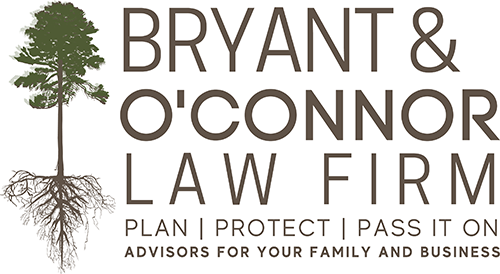In this piece, we’re going to discuss a powerful way to make your business more valuable and appealing to potential buyers: being transition-ready with verifiable financials. Getting or staying organized can seem like a pain, but if you might sell your business in the future, having your financial ducks in a row can go a long way in making your business stand out and securing a favorable deal. Let’s dive into why having accurate, verifiable financials is essential and how you can ensure your business is transition-ready.
The Importance of Verifiable Financials
When it comes to selling a business, the numbers matter. Potential buyers want to see a clear picture of your company’s financial health and performance. Accurate and verifiable financials not only instill confidence in potential buyers, but they also help you justify the asking price for your business.
Here’s why verifiable financials are crucial for sellers:
- Transparency: Providing accurate financials demonstrates your commitment to transparency, which builds trust with potential buyers.
- Valuation: A detailed and accurate financial history is essential for determining the fair market value of your business.
- Due Diligence: Buyers will conduct their due diligence, and having organized, verifiable financials can speed up the process and make it smoother for both parties.
- Financing: Buyers may need financing to purchase your business. Lenders are more likely to approve loans for businesses with solid financial records.
Steps to Ensure Your Business is Transition-Ready
So, how can you prepare your business for a smooth transition and make it more valuable to potential buyers? Here are some steps to help you get started:
- Maintain Accurate Records: Keep well-organized and up-to-date financial records, including balance sheets, income statements, and cash flow statements. Make sure these records cover at least the past three years.
- Engage a Professional: Work with a certified public accountant (CPA) or financial advisor to ensure your financial statements are accurate and in compliance with generally accepted accounting principles (GAAP).
- Review Tax Returns: Ensure that your business tax returns are filed correctly and on time. Tax returns provide an additional layer of verification for your financial statements.
- Document Revenue Sources: Clearly identify and document all sources of revenue, including long-term contracts, recurring customers, and one-time sales.
- Monitor Key Performance Indicators (KPIs): Regularly track and analyze KPIs, such as gross profit margin, net profit margin, and return on investment (ROI), to demonstrate your business’s financial performance and growth potential.
- Prepare for Due Diligence: Anticipate the questions and concerns of potential buyers by conducting your own due diligence. Identify any areas where you can improve your financial reporting or performance.
- Create a Financial Forecast: Develop a financial forecast that demonstrates the future growth potential of your business. This will help potential buyers see the value in your company and understand its long-term prospects.
By being transition-ready with verifiable financials, you’re not only making your business more valuable but also paving the way for a smoother, more efficient selling process. Remember, when it comes to selling a business, the numbers matter, and being prepared is key. So, start organizing those financials, and set yourself up for success!

